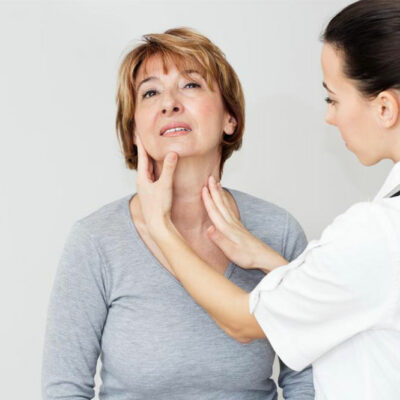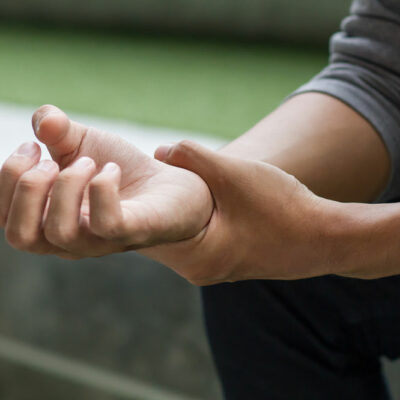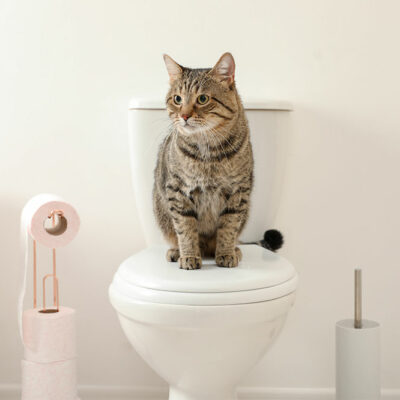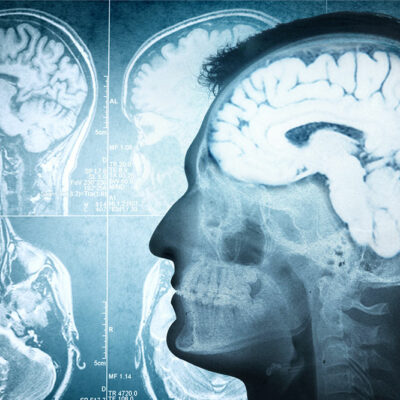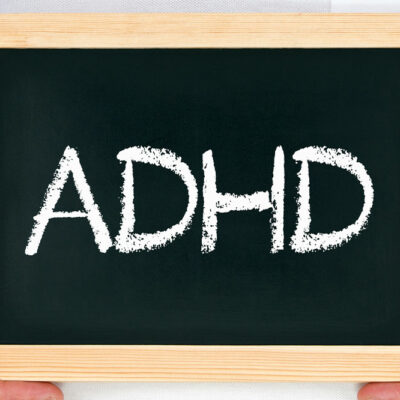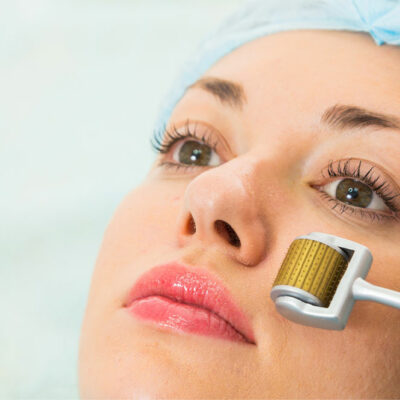
health
5 common botox mistakes to steer clear of
Wrinkles are a considerable part of the aging process. But that doesn’t imply you can’t do anything to eliminate them. Products and procedures combined with a healthy lifestyle and eating habits can slow aging. This also means steering clear of fine lines and wrinkles from appearing. One such procedure is getting Botulinum toxin-A or Botox done. It helps with excessive sweating, neck spasms, and overactive bladder. Avoid these five mistakes if you’ve just undergone them. Working out Working out is an absolute no-no after you have been to the skin clinic for Botox. As harmless as getting in a workout sounds, it can strain and contract the muscles resulting in decreased effectivity of Botox. The heightened blood flow will wear off the Botulinum toxin faster than expected. Beauty treatments It might sound obvious, but it needs to be discussed nonetheless. We suggest canceling your plans if you plan to get a facial after your Botox appointment. Facial or any other face beauty treatment is a massive no-no after Botox. Avoid procedures for around two weeks to allow the wrinkle relaxers to work magic and settle in their rightful place. If you are waiting long enough, the combined effect of your facial and Botox will be surprisingly gorgeous skin.

